evolution of human
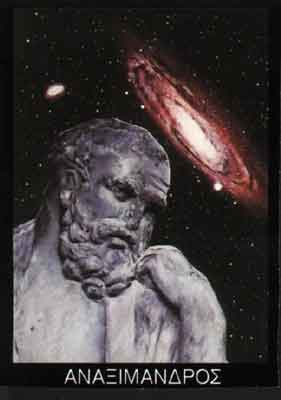 What is evolution of human? If we answer the question strictly scientifically then we should give the definition of evolution in biology;
What is evolution of human? If we answer the question strictly scientifically then we should give the definition of evolution in biology;
“In the broadest sense, evolution is merely change, and so is all-pervasive; galaxies, languages, and political systems all evolve. Biological evolution … is change in the properties of populations of organisms that transcend the lifetime of a single individual. The ontogeny of an individual is not considered evolution; individual organisms do not evolve. The changes in populations that are considered evolutionary are those that are inheritable via the genetic material from one generation to the next. Biological evolution may be slight or substantial; it embraces everything from slight changes in the proportion of different alleles within a population (such as those determining blood types) to the successive alterations that led from the earliest protoorganism to snails, bees, giraffes, and dandelions.”
– Douglas J. Futuyma in Evolutionary Biology, Sinauer Associates 1986
According to biology evolution has nothing to do with the actions that a human being is doing during his life time but it is a description of the laws that govern the change of the biology of the human species in the course of history.
Evolution is a process that results in heritable changes in a population spread over many generations.
Evolution is not
“the doctrine according to which higher forms of life have gradually arisen out of lower..” – Chambers
People that start from different definitions of evolution cannot discuss because they have different things in their mind. The latest definition is not scientific and it is wrong. When someone claims that he does not believe in evolution he does not refer to the first definition; heritable changes in a population over many generations is a fact not a belief. This is important.
history of evolution : Ionian philosophers
The idea behind evolution is natural change; In the 6th Century BC the Ionian Philosophers for the first time in known history they tried to explain the world without referring super natural forces. Heraclitus Anaximander (c. 610–546 BC) and Empedocles (c. 490–430 BC) suggested non-supernatural explanations for the origin of living things;
Anaximander
Evolutionary theory begins with the Ionian philosopher Anaximander (ca. 611 – 546 B. C. E.). Very little is known about his life, but it is known that he wrote a long poem, On Nature, summarizing his researches. This poem is now lost, and has survived only in extracts quoted in other works. Enough survives, however, that Anaximander’s thought can be reconstructed with some confidence. For Anaximander, the world had arisen from an undifferentiated, indeterminate substance, the apeiron. The Earth, which had coalesced out of the apeiron, had been covered in water at one stage, with plants and animals arising from mud. Humans were not present at the earliest stages; they arose from fish. This poem was quite influential on later thinkers, including Aristotle. – Evolution and paleontology in the ancient world
Empedocles
Another Greek philosopher, the fifth-century materialist Empedocles of Acragas (in Sicily), postulated that the universe was composed of four basic elements — earth, air, fire, and water. These elements were stirred by two fundamental forces, which Empedocles called Love and Strife. (“Attraction” and “repulsion” might be better modern terms for what Empedocles actually meant.) The constant interplay of these elements, alternately attracting and repelling each other, had formed the universe. Empedocles claimed that the Earth had given birth to living creatures, but that the first creatures had been disembodied organs. These organs finally joined into whole organisms, through the force of Love, but some of these organisms, being monstrous and unfit for life, had died out.
Please not that the views of Anaximander and Empedocles were not scientific theories, but they were philosophical theories that tried to explain the origin of the Cosmos. They have nothing to do with the theory of evolution, except that they are the first know attempts to explain life without using super-natural explanations which is what the science of Biology is trying to do.
—————————————————————————————————————————–
sources:
http://www.talkorigins.org/faqs/evolution-definition.html
http://en.wikipedia.org/wiki/Human_evolution
http://replicatedtypo.wordpress.com/2010/07/19/a-history-of-evolution-pt/
http://astronomy.swin.edu.au/cosmos/I/Ionian+Philosophers
http://www.ucmp.berkeley.edu/history/ancient.html
http://www.philosophy.gr/presocratics/anaximander.htm
Can the weirdness of quantum mechanics make you well, or make you wealthy?
I was doing a search on twitter about quantum mechanics and in the results I saw a lot of tweets about products that use quantum mechanics to change your life! Apparently some people believe that quantum mechanics can make you wealthier and healthier. Can someone really use a physics theory (which is very hard to understand) in order to change his life? If you really don’t have an answer on that you can start your quest for an answer by reading the following post in Cosmic Log;
How to spot quantum quackery
This is an interview with Lawrence Krauss the writer of “The Physics of Start Trek”.
People want to believe that they can easily change everything without effort, but physics is all about understanding limitations;
The quantum world does pervade everything around us, but as Richard Feynman liked to say, “Scientific creativity is imagination in a straitjacket.” Not everything is possible. That’s what makes the world so interesting.
Maybe we don’t know everything about Science and quantum mechanics, but that is also the beauty of it; we are working hard in order to understand more, and to create more.
With quantum mechanics, there’s a notion that observers affect the things that they’re observing. That’s not always true, but it’s often true. That’s one of the very strange properties of quantum mechanics. Therefore people get the notion that there’s no objective reality, and that you can literally impact on the external world just by doing things internally. That’s not the case. If you want to affect something in the external world, you have to do something to it. You can’t just hope for the best. You can’t bring good things to you by thinking about them.
Knowledge has its scope and limitations, we have to understand that;
Quantum mechanics is often quoted as the explanation for many things, because it’s so weird that people latch onto it as a hope, to explain everything that they would like to believe about the universe.
Magic is linked to the belief that everything is possible with little or no effort; that is not the case with Science
There are lots of things in quantum mechanics that sound like magic. But sounding like magic and being magic are two different things.
Is quantum mechanics a new fashion?
Often, people who are trying to sell whatever it is they’re trying to sell try to justify it on the basis of science. Everyone knows quantum mechanics is weird, so why not use that to justify it? … I don’t know how many times I’ve heard people say, “Oh, I love quantum mechanics because I’m really into meditation, or I love the spiritual benefits that it brings me.” But quantum mechanics, for better or worse, doesn’t bring any more spiritual benefits than gravity does.
So you think you are special!
 According to Lee Smolin in “The trouble with Physics” the standard model of Physics was based on Natures symmetries and the spontaneous symmetry breaking;
According to Lee Smolin in “The trouble with Physics” the standard model of Physics was based on Natures symmetries and the spontaneous symmetry breaking;
Spontaneous symmetry breaking is the process by which a system described in a theoretically symmetrical way ends up in a non symmetrical state. For spontaneous symmetry breaking to occur, there must be a system in which there are several equally likely outcomes. The system as a whole is therefore symmetric with respect to these outcomes (if we consider any two outcomes, the probability is the same). However, if the system is sampled (i.e. if the system is actually used or interacted with in any way) a specific outcome must occur. Though we know the system as a whole is symmetric, we also know that it is never encountered with this symmetry, only in one specific state. Because one of the outcomes is always found with probability 1, and the others with probability 0, they are no longer symmetric. Hence, the symmetry is said to be spontaneously broken in that theory.
This mechanism is the basis for the unification of the three forces in Nature; electromagnetism,weak force, strong force. According to this view, and my understanding the laws of physics that we experience are just an outcome of a random choice. There were other possibilities for this world; for example a possibility that the strong force is not so strong to hold the nucleus of the atoms together. In this case life, as we know it, is not possible. If you take this idea a little more further you can easily assume that there can be worlds that they are completely different from this one. These worlds cannot develop the same chemistry that our life is based on, but nothing forbids them from developing some other kind of life which we cannot even imagine.
I was reading the following post about the fine-structure constant;
fine-structure constant variation; If confirmed, this revelation could reshape physicists’ understanding of cosmology from the ground up. It may even help solve a major conundrum: Why are all the constants of nature perfectly tuned for life to exist?
As you can see the writer thinks that we are very very lucky that we live in a ‘place’ that is “life friendly”. I will not comment on the tautology of the view, but I am surprised that people are interested in science just to find the same answers rephrased; We know that we are here and this is the mystery, we want to know why and how. Learning again that we are here because the laws of Nature are ‘so well tuned’ does not add any kind of knowledge and does not answer something more! Maybe people like to think in this way because they just love to be reminded that they are special nothing more.

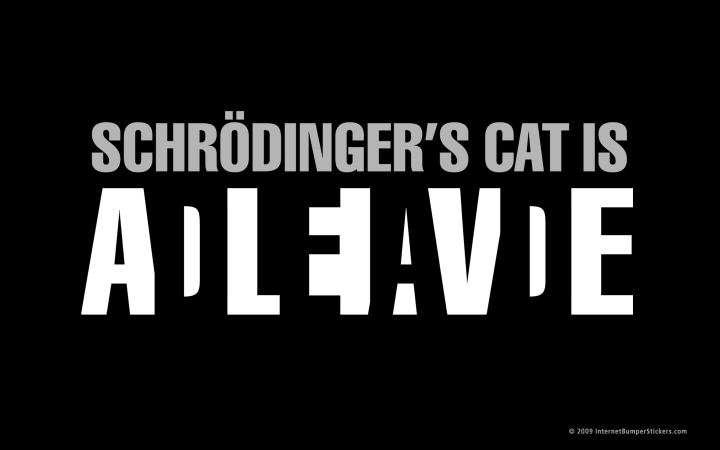
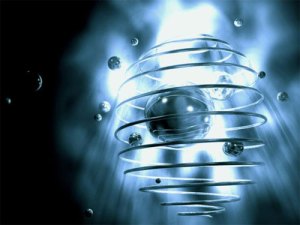

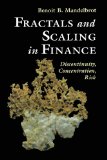
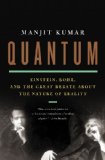
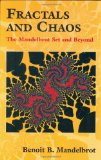
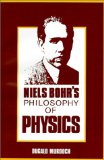
3 comments